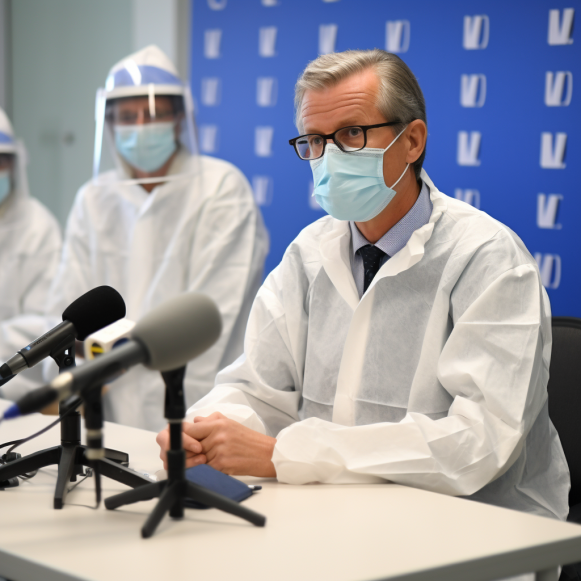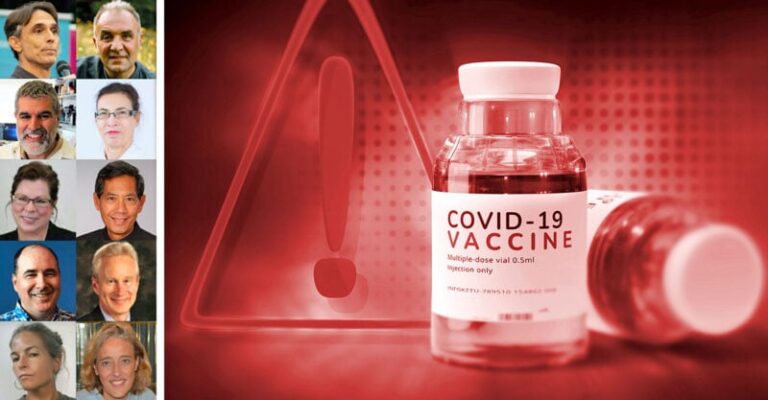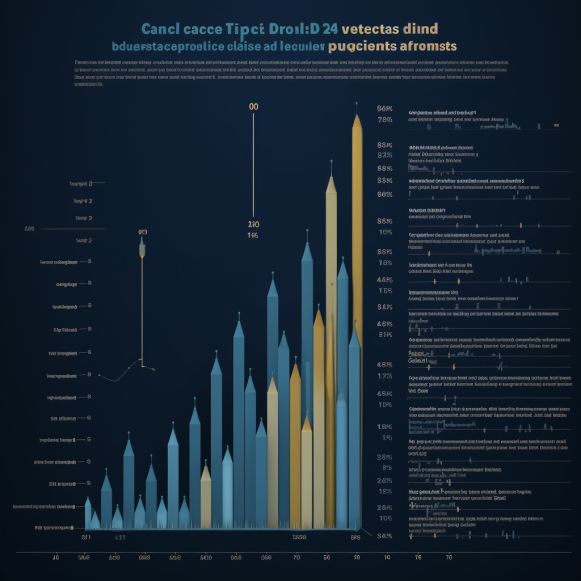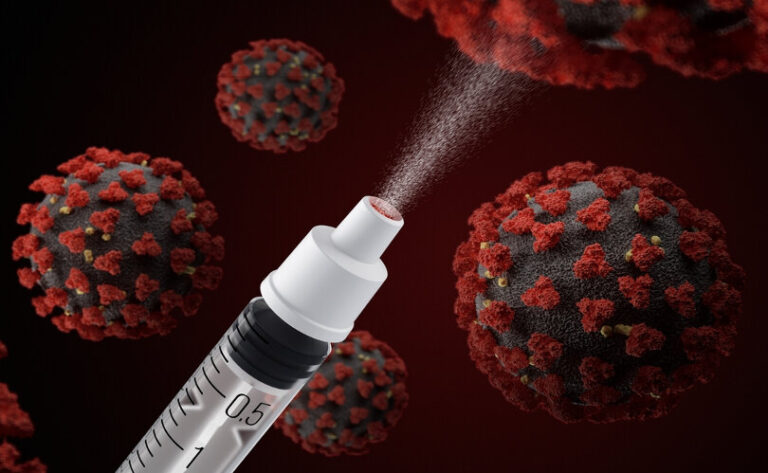Texas Sues Pfizer for Allegedly Misrepresenting Its COVID-19 Vaccine’s Efficacy

Texas attorney general says Pfizer gave false impression of vaccine’s efficacy.
On November 30, Texas Attorney General Ken Paxton filed a lawsuit against Pfizer, alleging that the pharmaceutical company misrepresented the efficacy of its COVID-19 vaccine.
According to the lawsuit, filed in Lubbock County, Texas, Pfizer misrepresented the results of a clinical trial on its COVID-19 vaccine.
“We are pursuing justice for the people of Texas, many of whom were coerced by tyrannical vaccine mandates to take a defective product sold on lies,” Republican Attorney General Ken Paxton said in a statement. “The facts are unequivocal. Pfizer misled the public about their COVID-19 vaccines.”
Pfizer officials did not respond to The Epoch Times’ request for comment by press time.
Based on the trial, Pfizer and its partner BioNTech touted their vaccine as 95 percent effective against COVID-19 infection in company statements.
The trial’s goal was to see how many people got COVID-19 symptoms after getting vaccinated, not how many people got COVID-19 overall.
Following that, tens of millions of Americans received the vaccine.
When compared to unvaccinated participants, the efficacy estimate was a relative risk reduction for vaccinated individuals.
0.04 percent of vaccinated participants with no prior infection tested positive for COVID-19. COVID-19 was found in 0.9 percent of unvaccinated participants who had no prior infection. That meant there was a 95% reduction in relative risk.
Absolute risk reduction is calculated by subtracting the post-treatment risk of 0.04 percent from the baseline risk rate of 0.9 percent, yielding a different efficacy estimate.
According to the new suit, Pfizer misrepresented the efficacy by promoting the relative risk reduction number and relying on only two months of clinical trial data.
“During this two-month period, only 162 of 17,000 placebo recipients acquired COVID-19.” According to those figures, vaccination status had a negligible impact on whether a trial participant contracted COVID-19.” “Because the risk of contracting COVID-19 was so low in the first instance during this brief window, Pfizer’s vaccine only marginally reduced a person’s risk of infection.” Furthermore, a vaccine recipient’s absolute risk reduction—the FDA’s preferred efficacy metric—showed that the vaccine was only 0.85% effective.”
The FDA stated in guidance documents that relative risk estimates made reductions “seem large” and that “treatments are viewed more favorably than when the same information is presented using an absolute risk format.”
According to the agency, drug manufacturers should provide absolute risks as well as relative risks.
According to Mr. Paxton, Pfizer also misled the public by excluding COVID-19 cases in the vaccinated if they occurred before seven days following a second dose.
According to the lawsuit, Pfizer was also aware of the lack of evidence that its vaccine protected against transmission but made statements and ran advertisements touting it as a way to protect people and their loved ones. For example, the FDA repeatedly stated that there was insufficient evidence to conclude that the vaccine protected against transmission.
“Additional evaluations … will be needed to assess the effect of the vaccine in preventing virus shedding and transmission,” the Food and Drug Administration (FDA) stated in a document.
Misbranding of FDA-regulated products is prohibited by federal laws such as the Food, Drug, and Cosmetic Act. Misbranding occurs when product advertising or labeling is deceptive, such as when advertising “fails to reveal material facts in the light of representations.” A Texas statute prohibits deceptive business practices.
Pfizer did not explain the difference between absolute and relative risk reduction in many of its statements.
According to the lawsuit, Pfizer CEO Dr. Albert Bourla also made misleading statements, such as claiming after the trial results were released that the vaccine would “help bring an end to” the pandemic. He also claimed in February 2021 that the vaccines’ protection was “robust” after six months, despite the fact that trial data had not yet been collected after six months.
“Pfizer’s misleading statements created the false impression that 95% of vaccine recipients would never obtain COVID-19, full stop,” according to the lawsuit.
Later in 2021, data from the drugmaker, Israel, and other sources revealed that vaccine protection began to wane within months, prompting the approval and promotion of boosters and, eventually, new formulations.
The US Department of Justice did not respond to an inquiry about the lawsuit.
“The FDA does not comment on possible, pending, or ongoing litigation,” an FDA spokesperson said in an email to The Epoch Times.
Mr. Paxton announced in May an investigation into whether COVID-19 vaccine makers Pfizer, Moderna, and Johnson & Johnson misled the public about their products, including possibly manipulating trial data.
“This pandemic was a deeply challenging time for Americans,” he explained at the time. “If any company illegally took advantage of consumers during this period or compromised people’s safety to increase their profits, they will be held responsible.”
The lawsuit also accuses Pfizer of attempting to silence critics of the vaccine, including journalist Alex Berenson, who repeatedly pointed out facts about the vaccine’s declining efficacy. It cites Dr. Scott Gottlieb, a Pfizer board member and former FDA commissioner, as one of those who urged Twitter to take action against Mr. Berenson.
Mr. Berenson was banned from Twitter but later reinstated after filing a lawsuit against the company. He has since sued Dr. Gottlieb and others for alleged federal law violations.
Mr. Paxton is requesting that the court enjoin Pfizer from violating the Texas Deceptive Trade Practices Act, order the company to pay more than $10 million in fines and penalties, and rule that Pfizer’s fines and penalties are not dischargeable in bankruptcy.






